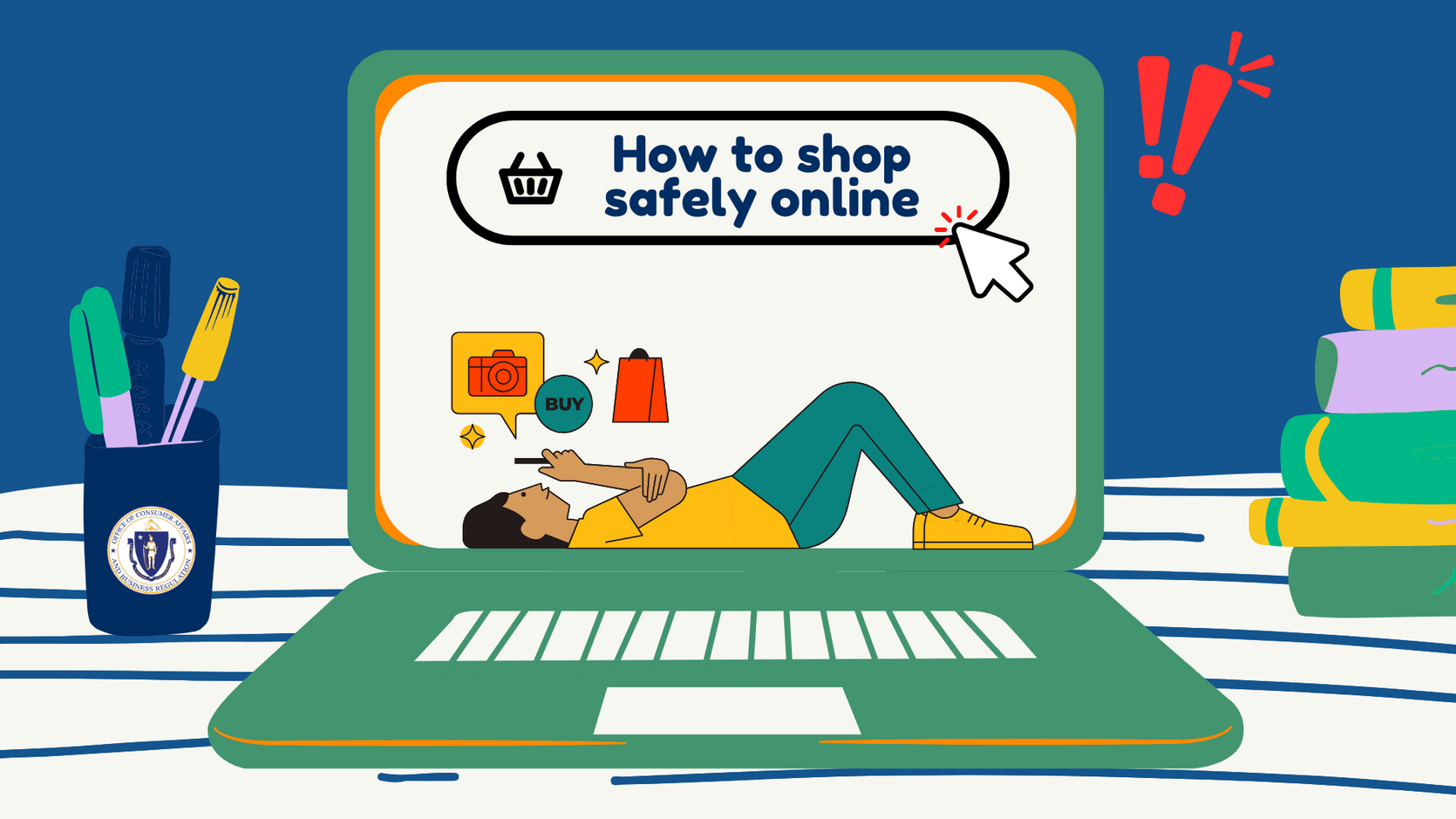- Office of Consumer Affairs and Business Regulation

With Black Friday and Cyber Monday around the corner, it's easy to get excited about all the online deals. But not every deal is as good as it seems. Some offers might be scams, so it’s important to shop smart and stay safe while enjoying the sales.
How to Find Reliable Retailers
It's important to take the time to research the retailers you're buying from. A reliable way to start is by searching for retailer reviews. The New York Times Wirecutter explains how a simple way to do this is by searching the retailer's name along with "customer reviews" to get feedback from other shoppers. It is important to focus on patterns in the reviews, such as consistent issues with order fulfillment or customer service, rather than isolated complaints.
Additionally, it's vital to read the retailer's policies on shipping, returns, and warranties. For instance, a one-year warranty is ideal for new items, while refurbished items should have a return window of at least 30 days for inexpensive products and 60 days or more for costly electronics.
Cybersecurity Tips to Keep Your Information Safe
Beyond choosing trustworthy retailers, it's essential to follow cybersecurity best practices to protect your personal information. SafeWise advised the following steps to enhance your online shopping security:
- Shop on secure websites: Always ensure the URL starts with "https://" and check for a padlock icon in the address bar.
- Use strong, unique passwords: Avoid reusing passwords across multiple sites to minimize vulnerability if one site is compromised.
- Enable multi-factor authentication (MFA): Whenever possible, add an extra layer of security by requiring a second form of verification, such as a text message or email code, in addition to your password.
Shopping on Large Retail Sites: Be Cautious of Third-Party Sellers
Large retail sites like Amazon, eBay, and Walmart host third-party sellers, which can add risk to your purchases. Wirecutter highlighted these key points:
- Check for the "sold by" label: Identify third-party sellers and opt for items fulfilled by the main retailer for additional security.
- Verify seller authorization: On eBay, it's advisable to confirm the seller's authorization with the manufacturer.
- Be aware of fake product reviews: Some third-party sellers may post fake reviews or sell counterfeit products. Trust reviews from verified buyers and prioritize sellers with satisfaction ratings of 98% or higher.
Finally, always review the shipping and return policies specific to the third-party seller, as they may differ from those of the main retailer. Ensuring these policies align with the larger site's standards can save you from potential issues.
Credit Cards vs. Debit Cards
Credit Cards offer better fraud protection than other forms of payment like debit cards or payment apps. Often, the dispute and refund process of credit card companies is easier and quicker. Because debit cards are directly linked to your bank account, there is a higher risk of fund depletion, increased liability for unauthorized transactions, and the dispute and refund process can be complex resulting in slower resolution.
We’re Here to Help
The Office of Consumer Affairs and Business Regulation (OCABR) helps protect and empower consumers through advocacy and education. If you have questions about online safety or other concerns, call our Consumer Hotline at 617-973-8787, Monday through Friday, 9 a.m. to 4:30 p.m. Live language translation is available.

